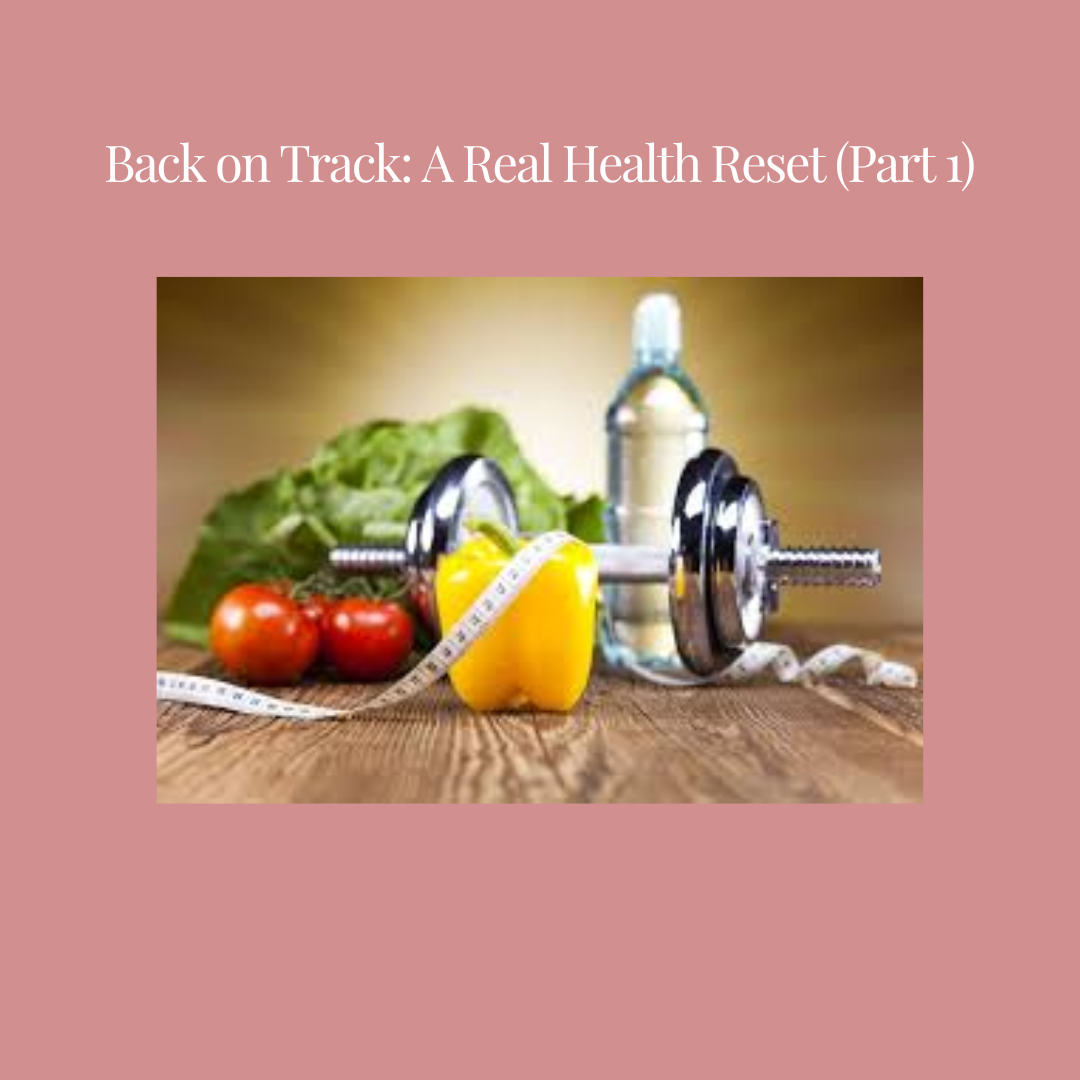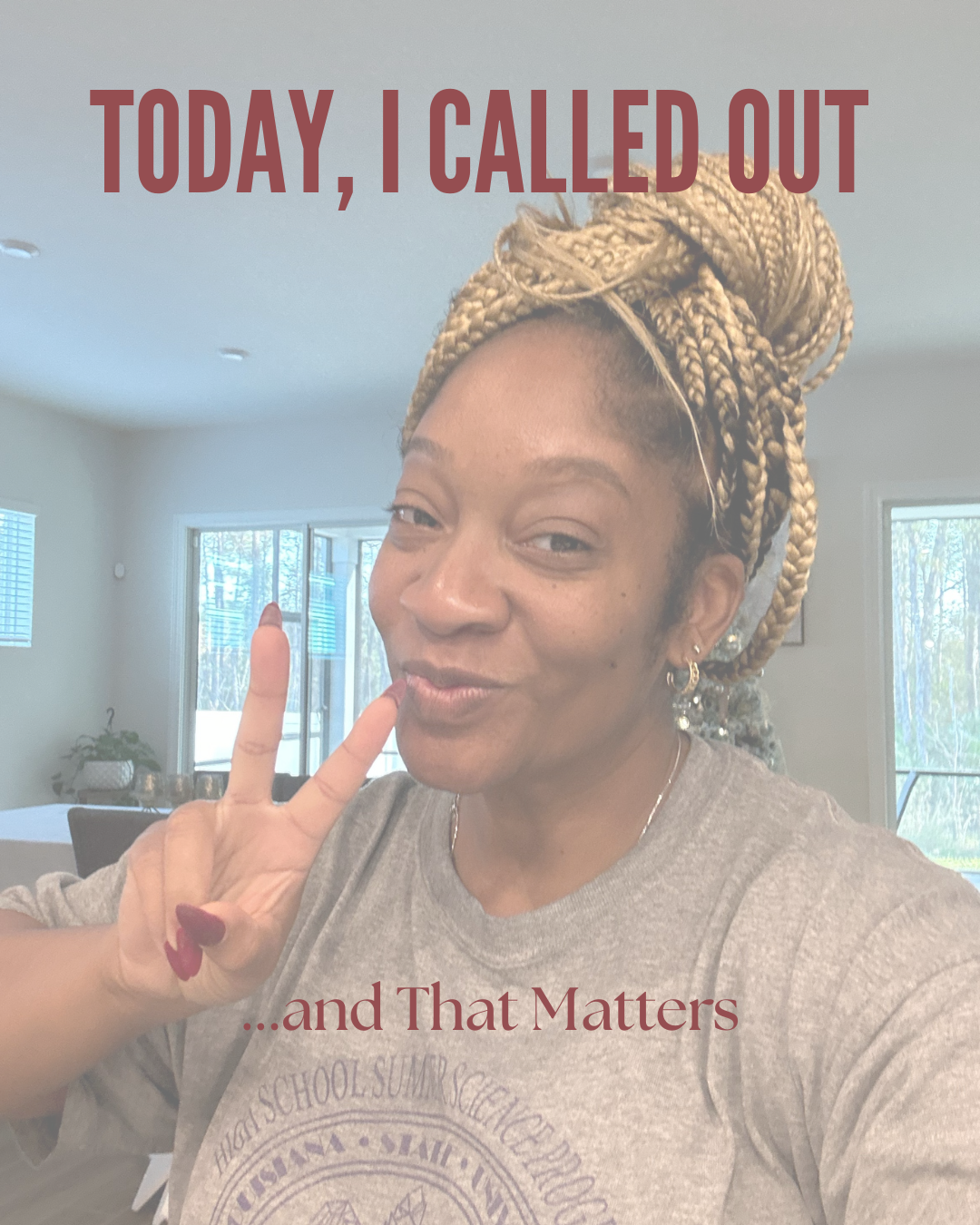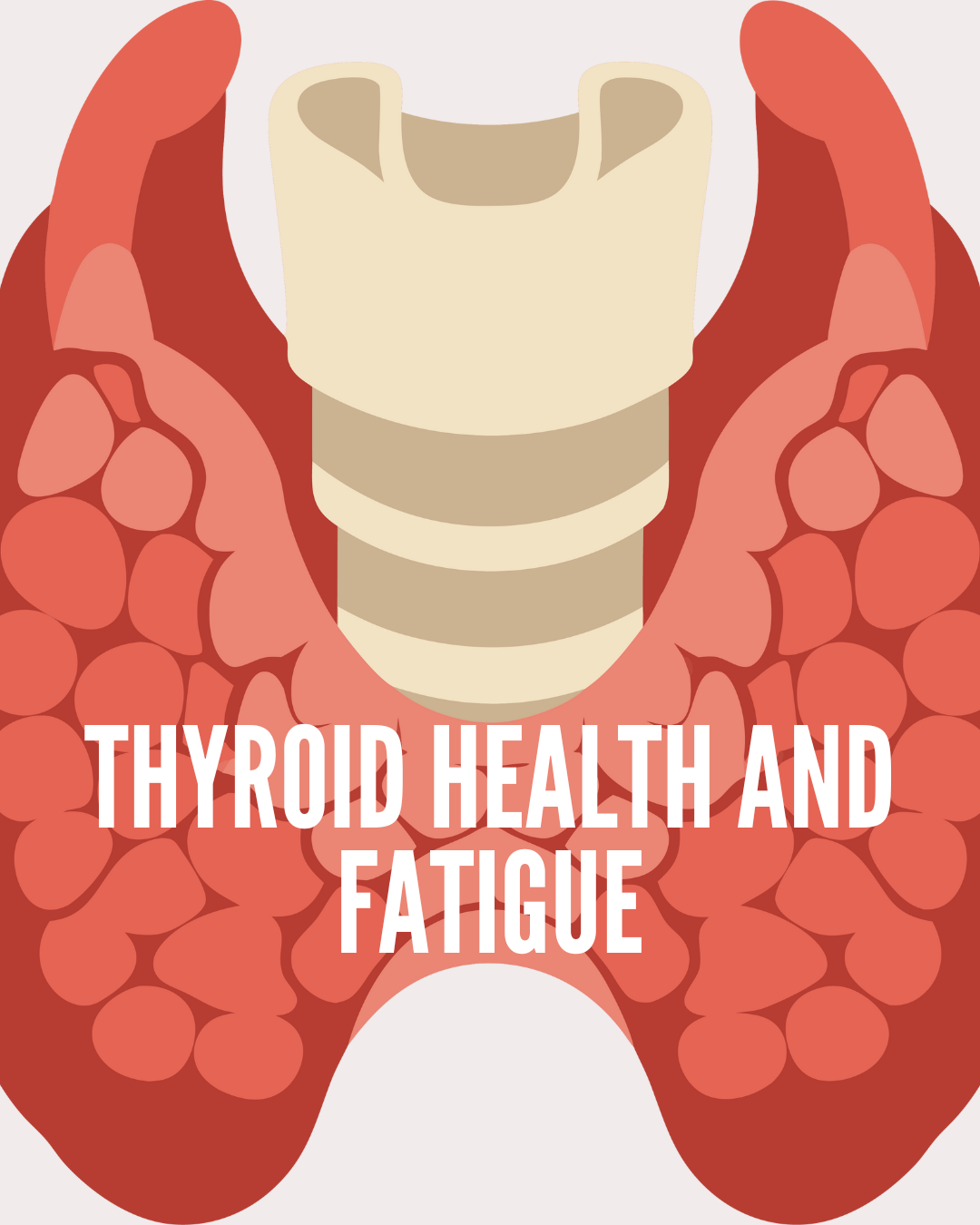For a long time, I never imagined myself loving aesthetic procedures. My heart has always been rooted in traditional medicine, helping patients lower blood pressure, improve cholesterol, and build healthier lifestyles that last a lifetime. That work still matters deeply to me, and it always will. But here’s what I’ve learned along the way: people […]

New Year, New You? Who? Every January, it’s the same message.New year. New you. Reset. Restart. Reinvent. And honestly… who is that for? I’ve been thinking a lot about why the new year always puts so much pressure on changing ourselves, as if who we were on December 31st suddenly isn’t enough. Maybe instead of […]

Today, for the first time since April 2024, I called out. No flu.No fever.No cough.Nothing dramatic or easily labeled. I just didn’t feel like myself. As a healthcare provider, that can be a hard thing to admit, especially when there isn’t a clear diagnosis or visible symptom to point to. We are trained to push […]

Feeling tired occasionally is normal. Ongoing fatigue that does not improve with rest is not. When exhaustion becomes part of daily life, it may be a sign that the thyroid is not functioning as it should. Why the Thyroid Matters The thyroid is a small gland located in the neck that helps regulate metabolism, energy […]

After the last two blogs, you now know that pairing Direct Primary Care with the right insurance can save families a lot of money while still keeping them protected. But people often ask the same question. Which insurance option actually makes sense for me? Here is a simple breakdown that compares the three main choices. […]

Explore our Services
in-person & virtual appointments available
acute pain management
Chronic Disease Management
Same-Day Sick Visits
Primary Care & Physicals
Explore
Explore
Explore
Explore
Laser hair removal
botox treatments
Explore
Explore